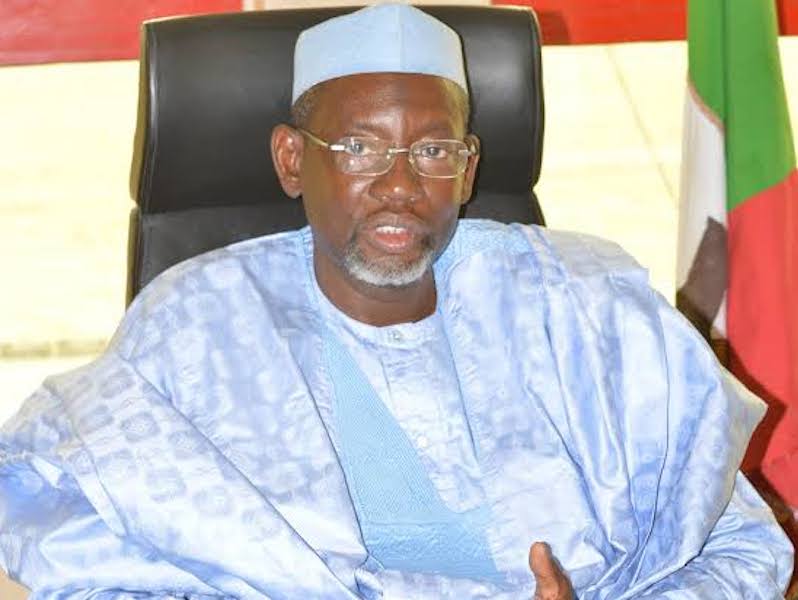The House of Representatives has resolved to invite the Ministers of Justice, Foreign Affairs as well as Trade and Investment to brief the House on the implications of the agreement establishing the African Continental Free Trade Area (AFCFTA).
This was sequel to a unanimous adoption of a motion by Rep. Ben Igbakpa (PDP-Delta) at the plenary on Thursday.
Igbakpa recalled that on July 7, 2019, President Muhammadu Buhari, on behalf of the Federal Republic of Nigeria, signed the agreement establishing AFCFTA at the Africa Union summit in Niger.
He said that earlier in March 2019 about 44 member countries of the Africa Union endorsed the agreement during the 18th Extraordinary Session of the Assembly of (AU) Heads of State and Governments in Kigali, Rwanda.
According to him, the agreement is meant to establish a common protocol to allow free movement of goods and services among member-nations of the AU.
The lawmaker said that with a porous border system and a mono economy without substantial production, there were fears that the agreement as conceptualised would open the country’s ports and businesses to unbridled foreign interference and domination.
Quoting the Nigeria Labour Congress (NLC) he said that it constitutes a “renewed, extremely dangerous and radioactive neo-liberal policy initiation.”
The rep said that as Africa’s largest economy and most populous country with a GDP of $405 billion and population of about 180 million, Nigeria, which is also Africa’s largest market could not afford to execute such agreements without full and proper consultation with the National Assembly.
“The agreement would impact on government revenue and social welfare as it tends to eliminate all tariffs among African countries.
“This would erode the trading states’ treasury by up to $4.1 billion annually and deepen poverty, with millions of Africans potentially exposed to starvation and death.
“Nigeria’s businesses are not well positioned to take full advantage of the agreement as there are no infrastructures that will promote the products that we seek to export.
“Moreover, little or no incentive is given to the private sector for value addition and we cannot continue to export raw materials and get peanuts in return,” he said.
He said that necessary safeguards such as development of the nation’s infrastructure, protection of borders, setting-up monitoring teams and developing the capacity of local manufacturers should be put in place before implementation of AFCFTA.
“If that is not urgently done, then the imminent fear over the possibility of having locally produced products dumped into the country and mislabeled by other countries across the continent becomes imperative and the nation may not gain from the agreement.
“There was a previous agreement such as the West African Free Trade that creates free movement of goods and services.
“Nigeria with her huge potential and vast resources has failed to achieve maximum value through the African market to boost the nation’s economy.
“Taking into consideration Nigeria’s comparative advantage since Nigeria is a huge market not only to Africa but to Europe, America and Asia, necessary measures should be put in place for the proper implementation of the agreement.
“This is to guaranty Nigeria’s maximum benefit thereof,” he said.
The house demanded the release of the roadmap of the agreement for public security prior to the implementation.
The lawmakers said that there was the need to scrunitise the preparedness of Nigeria to avoid being a dumping ground and a consuming country as a result of the agreement.
The green chambers resolved to set up an Ad hoc Committee to interface with the Comptroller General of Customs, Immigration service and other relevant security agencies to determine Nigeria’s security preparedness ahead of the implementation.
The legislators said that there was a need to ascertain the attendant security challenges on the country’s borders, seaports and airports.
In his ruling, the Speaker, Rep Femi Gbajabiamila, mandated that the committee should examine the matter and report back within six weeks for further legislative actions. (NAN)



